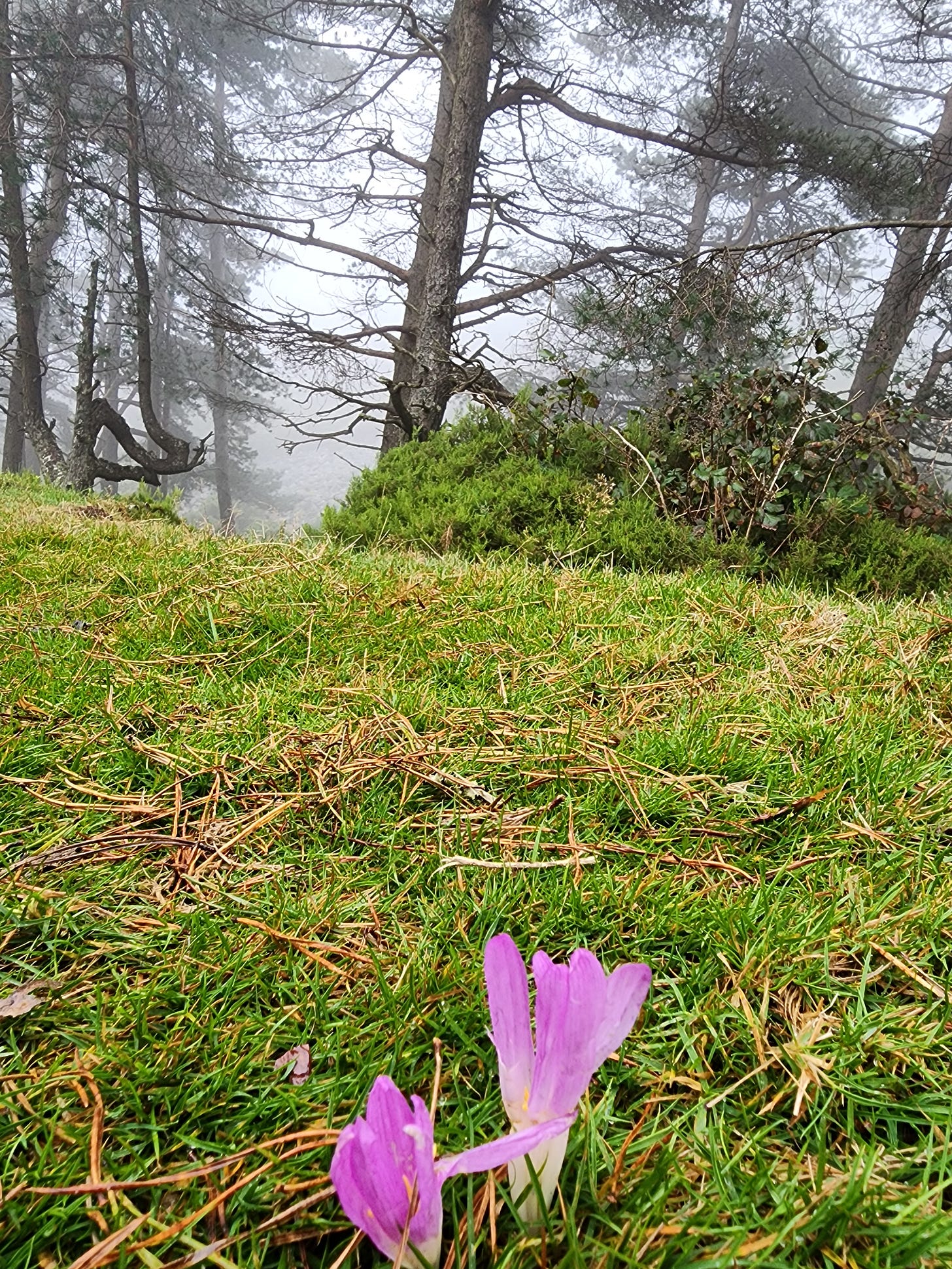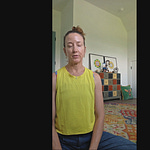Hello, and welcome to week two of to be kind, a practice series to strengthen our hearts. I’m so grateful you’re here, giving some time to kindness.
Please share in the comments what you’re finding, resisting, celebrating as you move through your inquiries. Sometimes we think our experiences might not be worthy of disclosure. And yet, consider how we learn. Everyone we ever encounter is a teacher for us… and that includes you! Let’s hear from you!
In week one, we contemplated our intentions for this series. We also examined our inventory of kindness and considered how we’d like it to grow. Finally, we reflected on an important consideration: how does kindness matter and how do we matter when we share kindness? (here’s last week’s practice if you missed it…)
That last reflection I find particularly lovely. We’ll use it to launch week two.
How does kindness matter?
So often, we define our human potential by looking to our technological innovations, scientific discoveries, or intellectual accomplishments. And it’s true; humans do amazing things. All of these things, however, are best when tempered by a different class of potential: our virtue.
The divine gift of virtue is boundless and always increasing. Our virtues, like their source, are infinite.
In every culture and tradition, human virtue is praised as both a tool for right living and a fruit that grows from it. We use it to grow as humans; as we commit to it, we sense the divine— in us, everyone, and everywhere. We become friendly with our world.
Our virtues matter… and what about kindness? Is this a virtuous trait of ours?
Researchers in the positive psychology movement conveniently distilled beneficial human traits into six ubiquitous virtues: wisdom, courage, humanity, transcendance, moderation, and justice. Ubiquitous because these virtues— expressed in myriad ways— are shared across millennia among human groups everywhere.
Kindness is the hallmark characteristic of the virtue known as ‘humanity.’ It’s just who we are. Sometimes, we find ourselves concerned about the harm of human impact. Sometimes, we forget who we are. So, let’s remind ourselves: humanity is capable of great and loving care. When we make our effort to connect and love, we are friendly humans. When we persevere in our kindness practice, we are transcendant humans.
Always, we’re humans first.
In kindness, we realize that all our human misery, all our laughter, suffering, and every bit of our love weaves us together. Some days bring trouble and others bring celebration. Every condition seeks kindness. It’s what we want for ourselves, in difficulty and joy. Kindness reminds us to give what we seek. It’s the unifying principle of the golden rule. It’s also instructive…
Do to others as you would have them do to you.
To know how to be kind, we must know how to be kind to ourselves. We must be present to ourselves to find out. Emerson reiterated this idea when he wrote: ‘to have a friend is to be one.’
Sometimes, we believe that because we don’t do things well, we aren’t geared for the behavior. We might say, ‘I was born with a bad attitude,’ or ‘my nature is just to be angry, pushy, annoyed.’ Generally, this just means we haven’t learned to be otherwise. Or, if we did, we fell out of practice.
In this week’s practice, we’ll take a few moments to come home to ourselves as friends. From this kind attitude, we’ll identify what will bring us to a place of ease. What we discover, we’ll offer. What we seek for ourselves, we’ll give to others.
Please make note: to be present with ourselves— to inquire into our current condition with open minds and hearts— is an awareness practice that never ends.
I wrote about the virtues above; our presence is the path to each, and it grows stronger as we journey. Awareness is what brings us to our virtues. It’s the first step and the choreography behind every human’s virtuous dance. We each express our moves in distinct and wondrous ways, but our virtue will always be built on our foundation of awareness.
For your contemplation this week: To be truly kind, we befriend ourselves.
Please consider the following:
How often do I choose to be comfortable over to be kind? In what particular environments or situations do I see this choice arising?
What will bring me more peace: kindness or neglect, friendliness or cruelty?
What happens when I offer the well-being that I wish for myself to others? How does this impact me? How does this change my view of the world around me?
Once again, how does my kindness matter?
My friends, I leave you with this prayer…
As I long for peace, I wish you peace.
As I long for love, I wish you love.
As I long for joy, I wish you joy.
I hope you’ll take the time to find a kindness prayer that suits you in the guided meditation above.
Thank you for being here with me, befriending yourself, discovering your kindness, and sharing it with others. Next week, we’ll contemplate some strategies for moving ourselves toward kindness in difficult situations. Of course, it always starts with us. So, please practice with the meditation above to get ready!
Love yourself. Love everyone. And know how deeply you are loved.












